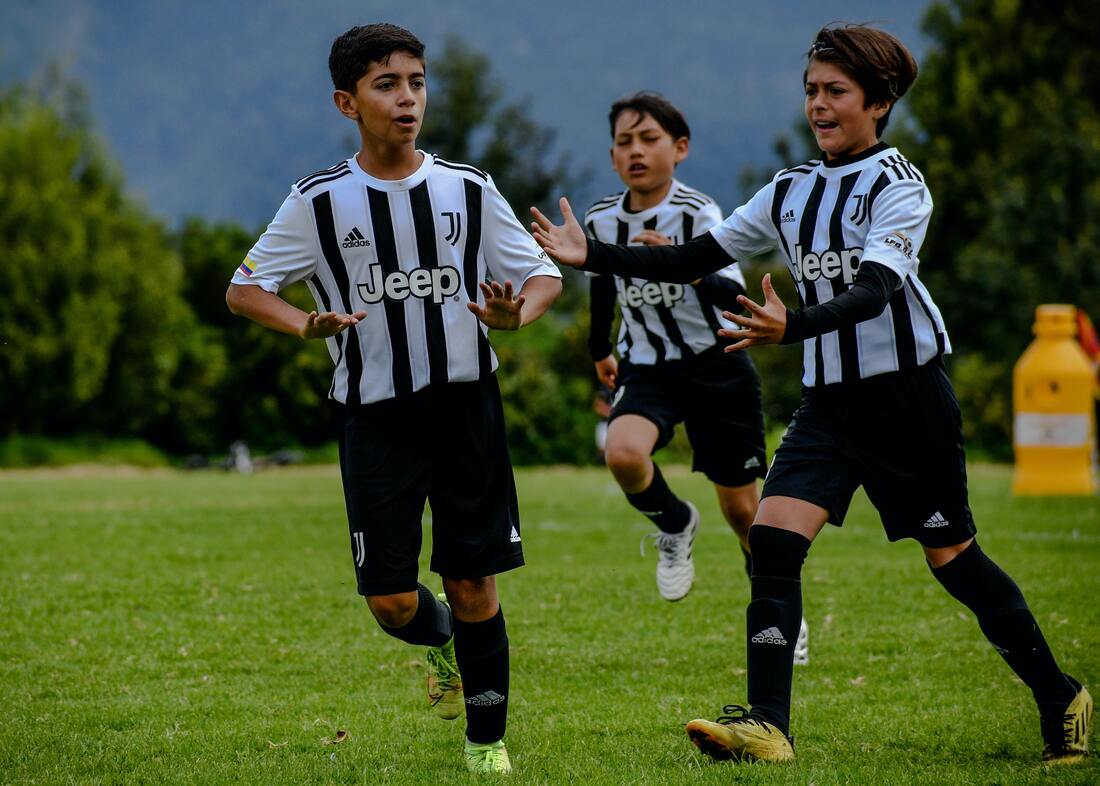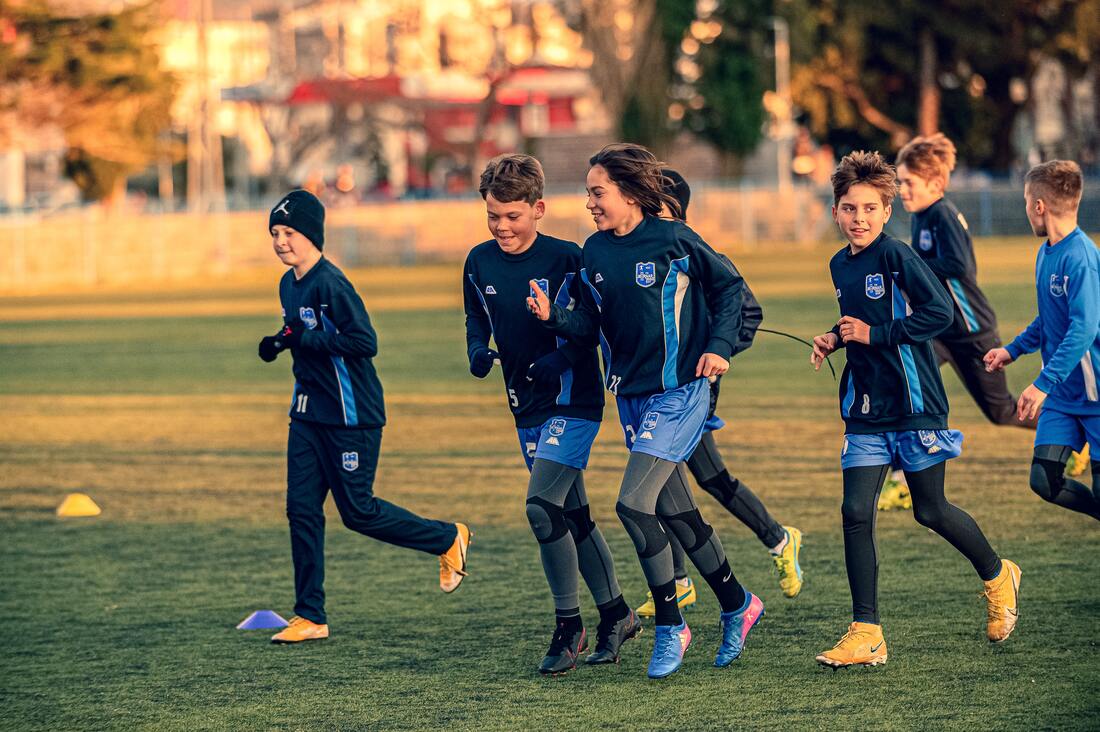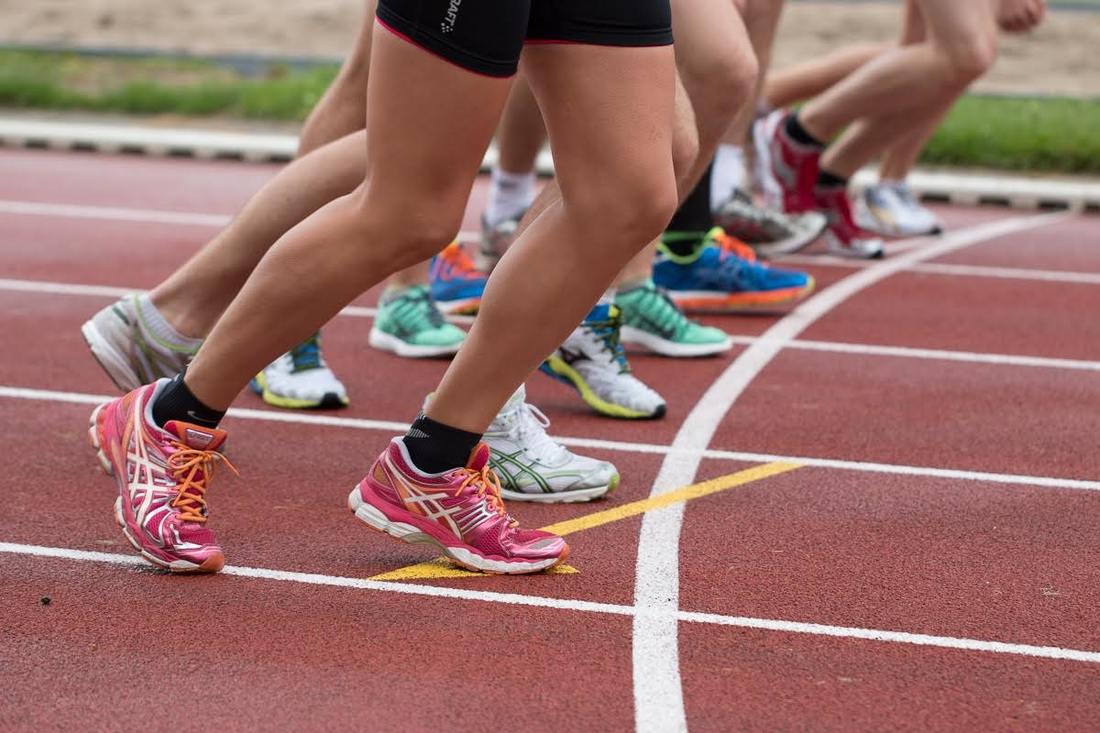|
As children grow up, participating in sports can be an excellent way to develop physical and social skills. However, for some children, the idea of participating in sports can bring about feelings of anxiety and nervousness. It can be challenging for parents to know how to support their child when they are experiencing anxiety in these situations. In this blog post, we'll explore the different ways that children may experience anxiety when playing sport and how Hopscotch and Harmony Psychology can help. Causes of Anxiety in Sport There are many reasons why children might experience anxiety when playing sport. Some common causes include:
Symptoms of Anxiety in Sport It's essential to recognise the symptoms of anxiety in children when playing sport so that you can support them. Some of the signs of anxiety include:
Ways to Help Children with Anxiety in Sport There are several ways that parents and coaches can help children experiencing anxiety when playing sport.
Conclusion Anxiety is a common experience for children when playing sport. It's important to keep an eye out for symptoms and understand the causes so that you can support your child. By creating a safe and positive environment, encouraging your child, teaching relaxation techniques, and seeking professional help when needed, you can help your child manage their anxiety and enjoy participating in sports.
Jacob Spinks. Psychologist Playing junior sport at an elite level can bring about feelings of performance anxiety, stress and nervousness. The journey can be challenging and sometimes overwhelming, and although it's normal to feel anxious and nervous before a big game, children do not have to experience these feelings alone. Excessive anxiety can hinder your performance and affect your overall quality of life. One of the most important things to remember is that you're not alone in this journey. Many athletes face similar challenges and feelings. Here are some ways to manage these feelings in the lead up to a big game: Practice relaxation techniques such as deep breathing, progressive muscle relaxation, and visualisation. These techniques can help you reduce anxiety levels and feel more calm and focused before a big game. Challenging negative thoughts is another helpful strategy to improve mental well-being. Negative thoughts can fuel anxiety and self-doubt, which can hinder your performance. Learning to challenge these thoughts and replace them with positive affirmations can help you feel more confident and focused. Seeking support from a trusted friend, coach, or psychologist can also make a significant difference in managing anxiety. These individuals can provide you with strategies and techniques to help manage your symptoms and provide you with the support you need. Building resilience is another important strategy to cope with the challenges that playing sport can bring. Resilience involves developing the skills and mindset to overcome setbacks and challenges. This can help you cope with the ups and downs of elite sports and reduce your anxiety levels. Lastly, taking care of your physical health can also help reduce anxiety. Eating a healthy diet, getting enough sleep, and engaging in regular physical activity can help you maintain a healthy balance and feel your best. Remember, it's not just about achieving your goals, but also enjoying the journey. If you're struggling with anxiety, please don't hesitate to reach out for help.
There is often a fine line between young athletes playing sport for fun, and the desire to be a successful elite athlete. As a psychologist who has worked with an array of athletes from elite, state and local levels, there are often psychological barriers to an athlete’s success. Detailed below are 5 effective ways to prepare a young athlete for success. Control what you can controlSport generates powerful emotional responses among participants. An athlete’s mood will be influenced by situational factors such as weather conditions, sporting arena and your opponent(s) to name a few. It is how we manage these factors that determines an athlete’s success. By using attentional deployment an athlete will be able to remain focused on their own race/competition. Attentional deployment involves diverting attention away from elements of competition that cannot be controlled by using music or focusing on your breath as a distraction. Focus on the performance and be present in the momentA technique used to help an athlete concentrate during sport is called moment-for- moment. This strategy encourages the athlete to focus only on the one task that he/she has to do at that point in that time. This means, not to worry about things that they have already done (successfully or unsuccessfully) and not to worry about things that they have to do in the future. Believe in yourselfNegative self-talk is an athlete’s own worst enemy. Developing cognitive strategies to reframe unrealistic or maladaptive thought patterns is key to an athlete’s success. Try setting SMART (specific, measureable, achievable, relevant and timely) goals in order to maintain positive self-talk and achievable success. Use Mental ImageryDeveloping and rehearsing images of ideal technique, attitudes, and emotional states can create a template for competitive performance. This can be practiced by building mental models for performance. These models are different from achievement goals or affirmations in that they define the process of the performance itself. By visualising your best performance and identifying important aspects, as well as considering your attitude and frame of mind, you are on your way to success. BreatheLearning to relax through breath has several benefits. One benefit is that breathing can be used to reduce stress and tension. In fact, muscular tension is often a result of mental stress. For example, when you are anticipating the start of a race, you are likely unnecessarily contracting unneeded muscles leading to a cumulative fatiguing effect. A simple breathing exercise laying down and being aware of your breath and the rise and fall of your abdomen prior to competition will be very effective in relaxing the mind and body.
By attempting one or all of these tips to prepare for your next competition, you will be on your way to achieving what YOU believe to be success. |
Categories
All
|
Hopscotch & HarmonyAt Hopscotch & Harmony Psychology, you can expect compassionate care and evidence-based guidance on your journey to wellness.
With clinics in Werribee and Belmont, as well as providing online counselling to clients who live throughout Australia, our dedicated team of psychologists and dietitians are committed to providing support to children, teenagers and adults. With a focus on understanding your unique needs, we offer tailored solutions to foster growth and resilience. Trust in our experience and dedication as we work together towards your well-being. Welcome to a place where healing begins and possibilities abound. |
Our services |
Contact usHopscotch & Harmony
Child, Teen and Adult Psychology Our Locations:
WERRIBEE: 1/167-179 Shaws Rd
BELMONT: 92 Roslyn Rd AUSTRALIA-WIDE: Online counselling |
Hopscotch and Harmony respectfully recognise the Aboriginal and Torres Strait Islander people as the first Peoples of the continent now called Australia.
We acknowledge the Bunurong and Wadawurrung people of the Kulin Nation, the traditional owners of the land on which we work, and pay our respects to their Elders, past, present and emerging.
© 2024 Hopscotch and Harmony Pty Ltd






 RSS Feed
RSS Feed
